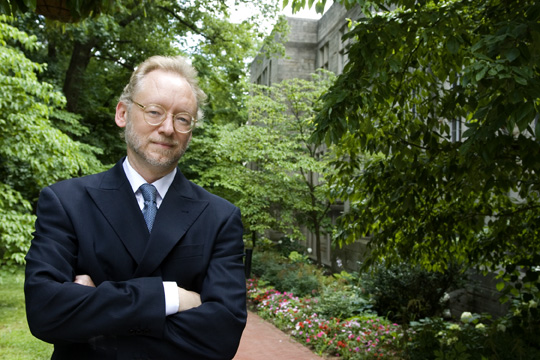The Center for Constitutional Democracy came into being as a result of cross-cultural affection. In the very early years of this century, I was a law professor specializing in American constitutional theory. I had never traveled beyond Europe and the Caribbean. But I was blessed with Burmese graduate students who, shortly before, had risked their lives to free their country from military tyranny. These students were brave enough to take up the gun to defend their freedom but wise enough to know that guns would not provide a final answer to their problems: for that, they would need law and, in particular, constitutional reform. They also knew that they needed to learn more, and they thought that I might be able to help them.
I first met with the Chin Forum, which had developed a proposed alternative constitution for Chin State in Burma. That first meeting lasted all day on a Saturday. At the end, Pu Lian Uk rose to offer some closing comments. Pu Lian Uk had been imprisoned for years in Burma for the crime of proposing constitutional reform. When he went into prison, he had two good arms; when he came out, he had only one because of mistreatment. So when he rose, one sleeve of his coat was pinned back; it was a symbol of all that he had suffered for trying to help his country and his people. But instead of feeling bitter, he radiated optimism and resolve, and he announced that he was sure that that meeting was the beginning of a new day for Chin State and for Burma. And suddenly, my love for my theoretical discipline became intensely practical. The Chins opened a door that allowed me to see that constitutionalism could be an extremely powerful tool to empower brave and idealistic people to build a better future for their countries.
But what I never anticipated was the love that would grow from this meeting. In the course of this single meeting in the law school conference room, people from two cultures met and became better people for it. We glimpsed what we could be for each other and what we could do together. Within a few months, Susan and I were travelling to the Thai/Burma border to meet with a much larger group of Burmese leaders. Not long after, Indiana University authorized us to found a center to support this work. And then leaders from other countries asked us to advise constitutional reform in those countries, and so the CCD’s network of friends grew larger and larger. Always, the CCD’s work rests on long-term relationships of trust and affection: it was born in such relationships; it is sustained in such relationships; and those relationships will mark out its future.
David C. Williams
Executive Director



